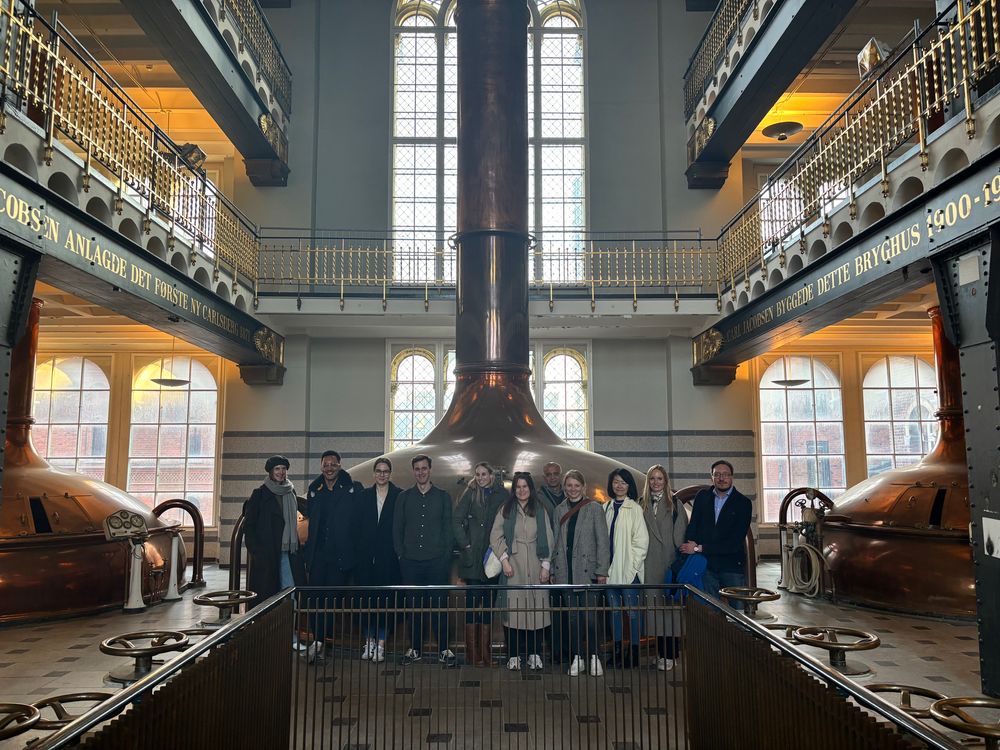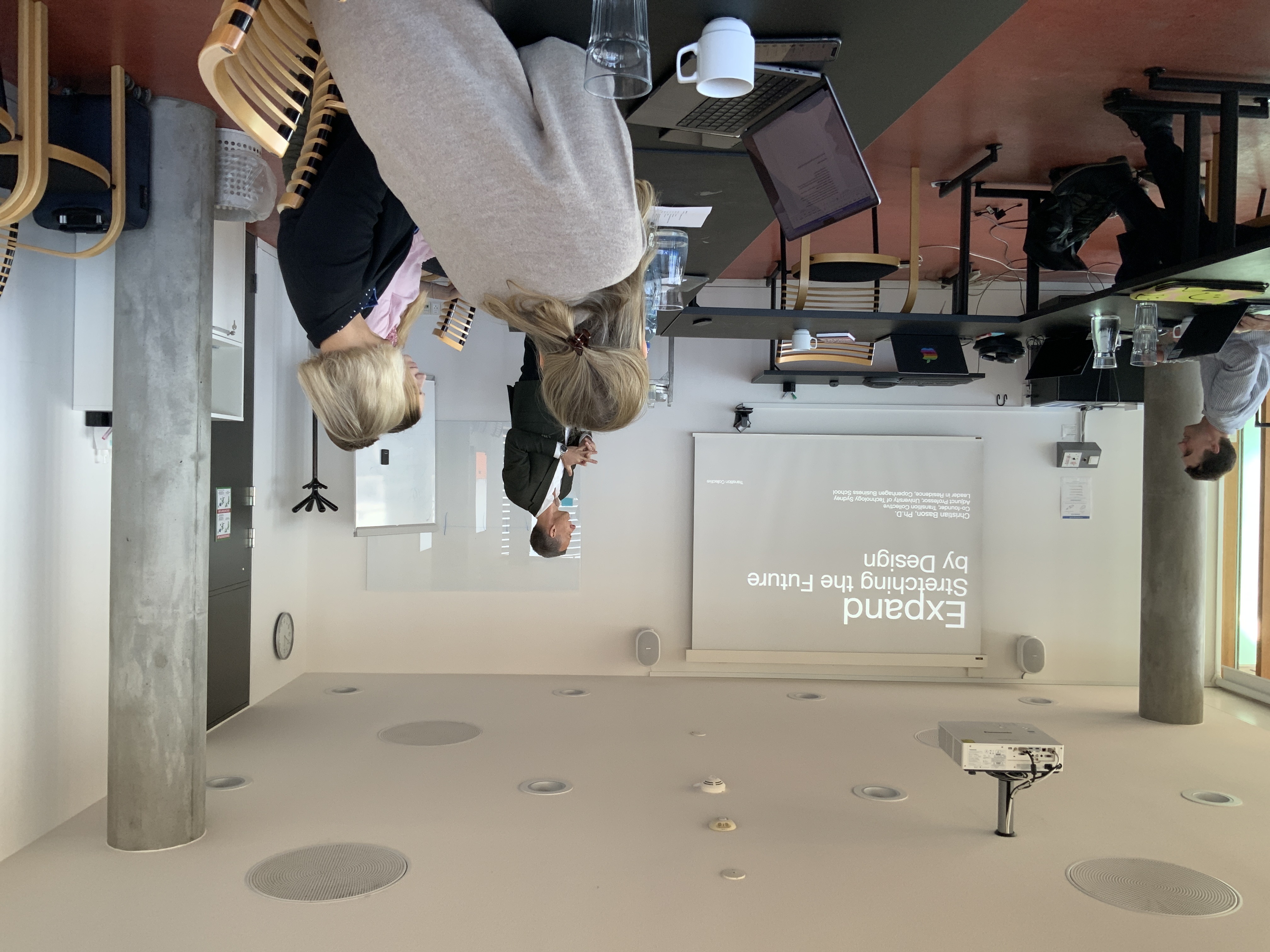Time as a process in disruptive innovation
The third meeting was held at Copenhagen Business School, Denmark and centered around the time-as-process lens in disruptive innovation with a particular focus on temporality and its past-present-future relation. Discussing the question of “how do actors enact continuity and change in innovation processes by drawing on the past and the future in the light of present actions?" will helped us to critically reflect on the term “disruption” which has largely foregrounded the notion of radical newness when speaking about re-ordering existing systems. In contrast, a time as a process lens elucidates the pivotal role of the past and investigates how a return to past values and norms might help equally to break from current patterns. Such considerations are also important on a societal level as they offer new ways of thinking on how organizations can address today’s wicked problems, such as climate change.
Day 1:
In several interactive sessions, we discussed ongoing research projects at the intersection of temporality and disruption of our network members. We also crafted a more detailed idea on the Special Issue that will be developed as an outcome of the network.
Our lively discussion was further facilitated by an inspiring keynote by Majken Schultz on the role of the past in innovating for the future. Using Carlsberg as an example, Majken led a deep dive into the company’s history and how it has mobilized its past to innovate the craft of brewing. Majken challenged the common focus on the future by highlighting the importance of continuously reinterpreting the past to move forward: „The novelty of every future demands a novel past!” (Mead, 1932)
To bring forward the network-element of our research network, this talk was followed by an amazing tour through Carlsberg City, exploring both the disruptive past and future of this iconic brand.
Day 2:
The second day of our network meeting was coined by several inspiring keynotes and discussions. Christian Bason, co-founder of Transition Collective and CEO of the Danish Design Center, shared his expertise on using design to shape the future. His introduction to his book, Expand - Stretching the Future by Design, highlighted how we can make the future experiential through atmosphere, narratives, and emotions.
Afterwards, Raghu Garud challenged the very nature of disruption, drawing on the history of his expansive work on disruption across multiple fields. Based on a summary of his work on disruption in various fields he guided us through an evolutionary, relational, temporal, framing and performative understanding of disruption. But when disruption, not stability, is the norm, we may need to rethink many of our management tools. In Peter Drucker‘s words: „the greatest danger in times of turbulence is not the turbulence, itself, but to act with yesterday‘s logic.“ Raghu provocatively asked: What kind of (management) „tools“ do we need in a world of disruption?
Finally, we had the chance to attend the honorary lecture by the economist Marianna Mazzucato on “Directing Inclusive and Sustainable Growth: A Mission-Oriented Approach.” She challenged the assumption that growth and climate goals are mutually exclusive, offering examples of public-private partnerships, the entrepreneurial state, and effective industrial policy.
A truly thought-provoking end to our meeting, reminding us to not forget the public sector when researching and theorizing disruption!

